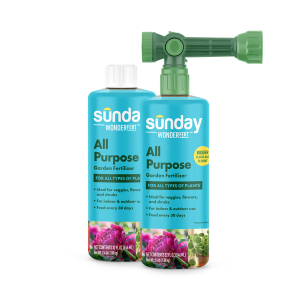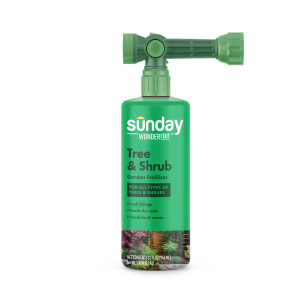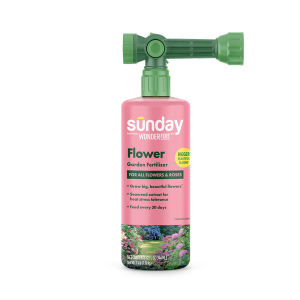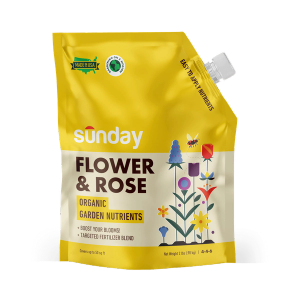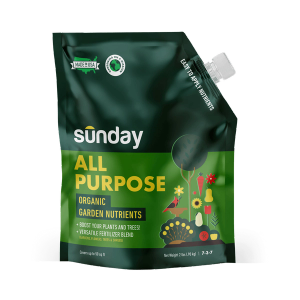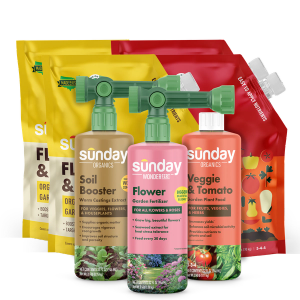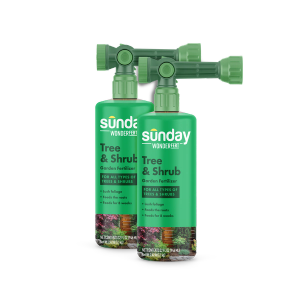How to maintain your garden bed
Water is, of course, necessary for plant growth, and maintaining uniform soil moisture is important, especially for fruiting plants. Not quite sure how to water? Here are some tips:
- Generally, more water is needed during plant establishment, since the roots haven’t grown deep yet - keep the soil moist until seeds germinate and establish or new transplants settle in, and then gradually cut back on irrigation.
- Water needs vary by crop and location, but usually, about 1 inch of rain or irrigation each week is enough.
- Drip irrigation is best for conserving water and preventing runoff, but if overhead watering, try to keep water off leaves, and water early in morning or in afternoon so you don’t lose water to evaporation.
Sunday Tip:
If allowed, consider setting up a rain barrel to collect water for irrigating non-edible garden plants. This is a great way to reduce water use and conserve precious water resources!
Weeding is one of the most important aspects of garden maintenance. Weeds compete with your plants for water, sunlight, nutrients and growing space.
- To prevent weeds, you can add a layer of mulch or plant some groundcover.
- If weeds do pop up, remove them by hand or with a hoe or shovel - make sure to get the roots so they don’t grow back!
Feeding plants with nutrients can help boost plant growth and health. Fertilizer amounts, nutrient ratio, and timing will depend on what you’re growing. Feed your plants what they need based on the results of a soil test, and get your soil tested every 2–3 years to make sure you’re giving your plants their best chance at success.
Protect your plants
- Add some fencing or borders, or try planting some beneficial plants to protect your garden from unwanted visitors.
- Use stakes, trellises, or cages on plants that need a little help staying upright.
- Mulching the bed can help prevent the soil from drying out too quickly and can help suppress weeds - aim for a mulch layer 2-4 inches deep.
- Water the base of the plant and avoid soaking the leaves to help reduce disease issues.
- Prune diseased, dead, or infected plants or plant parts to reduce the potential spread through the garden - and make sure to disinfect any tools used on infested plants between uses!
A well maintained garden bed will result in a more productive garden - which means more for you to enjoy. So dig in, show your garden some love, and enjoy the fruits (or flowers) of your labor!
Cited sources
University of Georgia Extension. Home Gardening.
University of Illinois Extension. Ten Steps to a Successful Garden.







